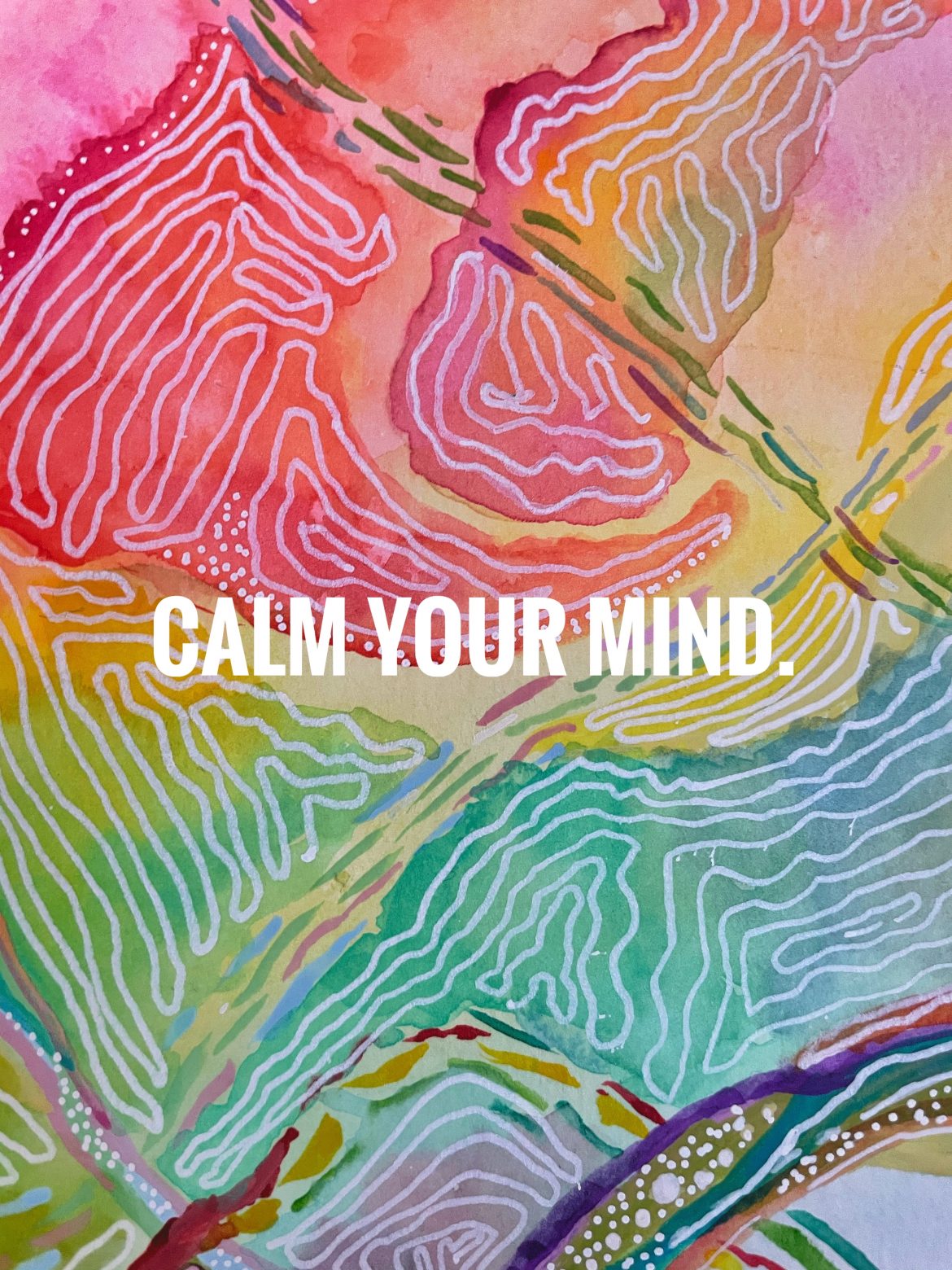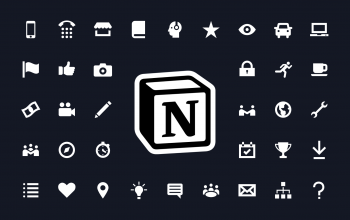Illustration Credit: Amal Khan, Illustration Editor
Positive mental health strategies to help you de-stress
Yusra Shafi, The Mike Contributor
The Winter Semester is in full swing, and we’ve barely had the chance to take it all in!
The pandemic marked the beginning of a new and anxiety-ridden lifestyle. The COVID-19 pandemic, in the interests of public safety, has meant social isolation and taking a (seemingly endless) break from our day-to-day activities. I, like many others, have felt extreme stress with regards to current events, adapting to this new lifestyle, and coping with uncertainty. Luckily, I’ve compiled a list of three ways that have helped clear my mind, and will hopefully help clear yours!
- Aromatherapy
Aromatherapy is a great way to de-stress, and can be as fancy as setting up an oil diffuser in your living space, or as simple as lighting a specialized Aromatherapy candle. If you don’t have a diffuser, another way to achieve similar results is to put drops of essential oils on your shower walls or bath-tub frame. The steam generated by a nice and warm shower will make it easier to inhale these oils. You could even create an ‘aromatherapy sachet’ by filling bags of scrap fabric with dried lavender. You could place this in your room, in your bathroom, or underneath your pillow – which is a ‘sleep hack’ many people swear by! Just a word of warning: always make sure to read ingredient lists and avoid any allergens.
- Mindfulness Practice
We’ve all heard about the effectiveness of implementing mindfulness practices into our routines, but very few of us actually take the time to learn about it and engage in it. Recently, I have decided to commit to at least 4 hours of ‘mindfulness’ practice per week. To aid my journey, I am using Tulane University’s ‘Mindfulness-Based Stress Reduction Activities Workbook’, which you can download online here. This workbook is full of calming and beneficial mindfulness readings and activities, which you can complete at your own pace. You could even print it out in order to have a physical copy that can help hold you accountable. I have noticed that by taking the time to properly understand and fill out the readings and exercises, I have learned to put my well being first, without feeling constantly burdened with guilt.
If you prefer something a little more personal, it may be worth undertaking meditation exercises on YouTube, or downloading mindfulness apps such as Headspace (which comes free if you have Spotify Premium!).
- Take a Break from Screens
Now, I know this is easier said than done in today’s entirely online world, but there are still guidelines we should follow. International bodies recommend taking at least a ten minute break from screens following one hour of screen usage to avoid eye strain and brain fog. Continually looking at a screen can also affect your sleep cycles and how much time you spend in REM sleep. If the duration of REM sleep is reduced, this can have detrimental effects on your immune system, your ability to memorize, and your ability to cope with stressors. Experts strongly advise against using your phone last thing before going to sleep, so that you can enjoy a healthy and advantageous sleep cycle!




